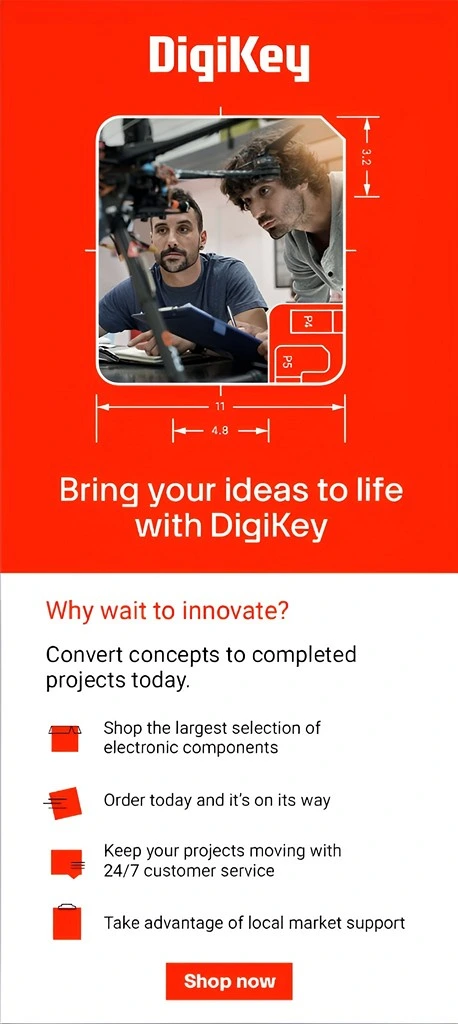TDK SPM5030VC-D Wound Metal Automotive Inductors

Manufacturer
Part #
Category
TDK SPM5030VC-D PassivesDescription
TDK SPM5030VC-D Wound Metal Automotive Inductors are AEC-Q200 qualified and feature wound metal construction for harsh environments. This series is designed for power circuits using metallic magnetic materials, allowing for low RDC and miniaturization. They offer a vibration-resistant structure and operate within a wide temperature range of -55°C to +155°C.
TDK SPM5030VC-D Wound Metal Automotive Inductors
Introduction
The TDK SPM5030VC-D Wound Metal Automotive Inductors are high-performance passive components designed specifically for automotive applications. These inductors are AEC-Q200 qualified, ensuring they meet stringent automotive standards for reliability and performance in harsh environments.
Part Description
The TDK SPM5030VC-D inductors feature a wound metal construction that enhances their durability and efficiency. Built using metallic magnetic materials, these inductors are optimized for power circuits, allowing for low DC resistance (RDC) and compact designs. They are engineered to withstand vibrations and operate effectively across a wide temperature range of -55°C to +155°C. The inductors also exhibit excellent DC superimposition characteristics, making them ideal for demanding automotive applications.
Applications
- Power supply circuits in automotive electronics
- DC-DC converters
- Noise filtering in automotive systems
- Energy storage in electric vehicles
- Signal processing in automotive communication systems
Industries
- Automotive
- Transportation
- Electric Vehicles
- Consumer Electronics
- Industrial Automation
Usage Ideas
-
Automotive Power Supply Design: Utilize the TDK SPM5030VC-D inductors in a power supply circuit for an automotive infotainment system, ensuring stable voltage regulation and noise reduction.
-
Electric Vehicle Battery Management: Implement these inductors in a DC-DC converter for an electric vehicle's battery management system, optimizing energy efficiency and performance under varying load conditions.
-
Vibration-Resistant Signal Filtering: Create a signal filtering circuit for automotive communication systems, leveraging the vibration-resistant structure of the inductors to maintain performance in dynamic environments.
Conclusion
The TDK SPM5030VC-D Wound Metal Automotive Inductors are a robust solution for various automotive applications, offering reliability and efficiency in challenging conditions. Their advanced features make them suitable for a wide range of uses in the automotive industry, ensuring that they meet the demands of modern vehicle electronics.


